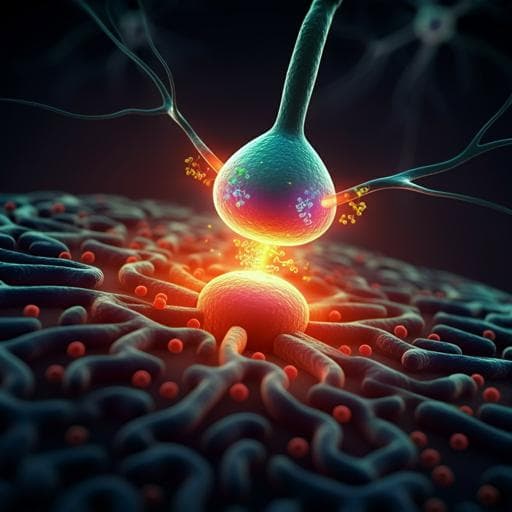
Psychology
Haploinsufficiency of the Parkinson’s disease gene synaptojanin1 is associated with abnormal responses to psychomotor stimulants and mesolimbic dopamine signaling
J. I. Mejaes, J. Saenz, et al.
Explore the critical role of the synaptojanin-1 gene in dopamine-related disorders as researchers Jennifer I. Mejaes, Jacqueline Saenz, Chris O'Brien, Carina M. Pizzano, Ping-Yue Pan, and David J. Barker investigate the impact of SYNJ1 deficiencies on reward processing and motivated behavior in mice. Discover how these findings uncover abnormal mesolimbic dopamine signaling and the implications for therapeutic strategies.
Related Publications
Explore these studies to deepen your understanding of the subject.







